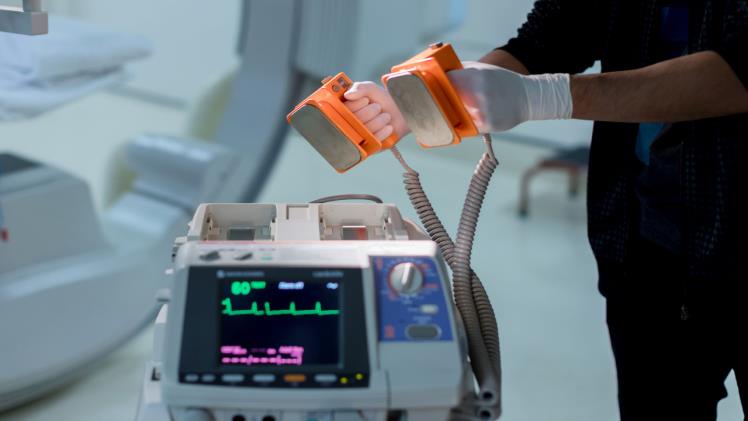A defibrillator is an essential tool used in healthcare to save lives. When a person’s heart stops beating or beats irregularly, it can deliver an electric shock to restore normal heart rhythm. Choosing the best device for your needs can be daunting, but with a few tips, you can select the right one for your specific needs.
While the selection of medical equipment like defibrillators is crucial for health and safety, ensuring the comfort and air quality of your environment is equally important, especially in spaces where health is a priority. Reliable HVAC services play a vital role in maintaining a comfortable and safe atmosphere, whether it’s in a medical facility, workplace, or home. For expert air conditioning repair services that guarantee your space remains comfortable and conducive to well-being, look no further than right here at Sarkinen Heating and Cooling
Determine the Type of Defibrillator
The first step in choosing is determining the type of one you need. There are two types: Automated External Defibrillators (AEDs) and Manual Defibrillators.
AEDs are designed for use by non-medical personnel, and they provide voice prompts to guide the user through the defibrillation process. Manual devices like heartsine defibrillators require medical expertise and training, and they offer more control over defibrillation.
Consider the Features of the Defibrillator
Some features to look for include:
- Ease of use: The device should be easy to use with clear and concise instructions.
- Portability: It should be portable and lightweight if you need a defibrillator in remote locations.
- Voice prompts: AEDs with voice prompts can be helpful, especially for users unfamiliar with the device.
- Battery life: The battery life is essential, as it should be able to last for an extended period.
Determine the Power Source
The power source of the device is an essential factor to consider. Batteries, AC power, or both can power defibrillators. A battery-powered device may be the best option if you plan to use it in an area without electricity access. If you plan to use the device in a hospital or clinical setting, an AC-powered defibrillator may be the better choice.
Consider the Cost
Cost is an essential factor to consider, as it can vary widely depending on the device’s type, features, and power source. Choosing this device that is within your budget while still meeting your needs is vital.
Choose a Reputable Brand
Finally, choosing a reputable brand is essential when purchasing. Reputed brands offer high-quality products that are reliable and durable. Look for brands that are known for their expertise and have a good track record of customer satisfaction.
Check for FDA Approval
Before purchasing, it’s essential to check for FDA approval. The FDA regulates medical devices, including defibrillators, to ensure they are safe and effective. Make sure the device you choose is FDA-approved, which will ensure that it meets the highest safety standards.
Look for Training and Support
It’s essential to choose a defibrillator with proper training and support. If you’re purchasing for personal use, ensure you receive training on how to use the device effectively. If you’re buying a device for a healthcare facility, make sure the manufacturer offers training and ongoing support to ensure the device is used correctly.
Consider the Warranty
A defibrillator is a significant investment, and choosing a device with a good warranty is essential. Look for a manufacturer with a warranty of at least two years, and ensure the warranty covers all parts and labour. This will help protect your investment and ensure that your device will function properly for an extended period.
Check the Maintenance Requirements
Finally, it’s essential to consider the maintenance requirements. These devices require periodic maintenance to ensure they are functioning properly. Make sure you understand the maintenance requirements of the device before purchasing it and choose a device with maintenance requirements that are feasible for your needs. It is better to go for branded devices like heartsine defibrillators, making maintenance effortless.
Wrapping up
Choosing the best defibrillator requires careful consideration of several factors, including the type, features, power source, cost, and brand. Following these tips, you can select the suitable device for your specific needs and help save lives.

